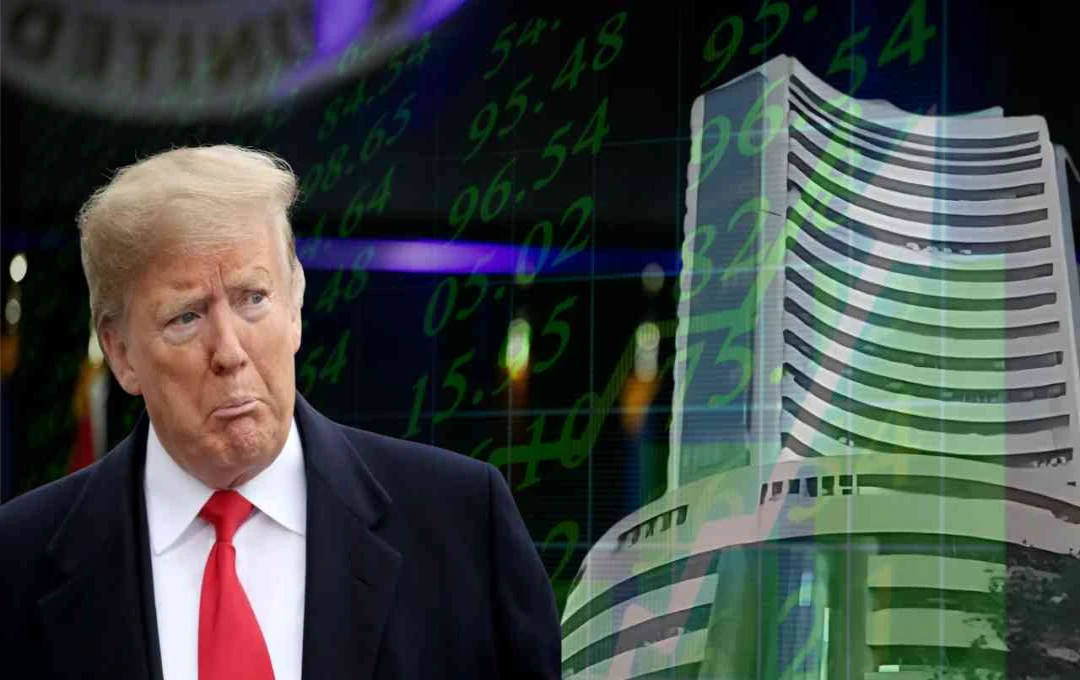New Delhi: IndusInd Bank, a leading private sector bank, reported a record net loss of ₹2,329 crore (approximately US$280 million) in the fourth quarter of fiscal year 2024-25 (Q4FY25). This represents the largest quarterly loss in the bank's history. Despite this negative news, IndusInd Bank's shares experienced a remarkable recovery on May 22nd after an initial dip in the stock market.
Initially, the share price fell by 5.7% to ₹725.80, but later strengthened, closing with a 3.5% gain at ₹796.70. Around 11:27 AM, it was trading at ₹773.95, showing a 0.52% increase.
Reasons for the Loss
In March, the bank disclosed that incorrect accounting of internal derivative trades had an impact of ₹1,900 crore. Additionally, an internal audit of the microfinance business revealed that approximately ₹660 crore had been incorrectly recorded as interest over three quarters.
Management's Response

Bank chairman Sunil Mehta acknowledged that these irregularities were due to certain employees and did not rule out the possibility of fraud. He stated that all concerns were presented transparently in the quarterly results.
Impact on Earnings
In Q4FY25, the bank's net interest income (NII) was ₹3,048 crore, a 43% decrease compared to the previous year. The bank's net interest margin also fell to 2.25%, a quarter-on-quarter decline of 168 basis points and a year-on-year decline of 201 basis points.
Weak Performance in the Previous Quarter
In Q3FY25, the bank reported a profit of ₹1,402 crore, a 39% decrease compared to the previous year. In that quarter, NII was ₹5,228 crore, and the net interest margin was 3.93%.
Brokerage Firms' Reaction
Following the bank's weak results, at least six brokerage houses downgraded the stock's rating, while thirteen lowered their target price. Their main concerns revolve around the bank's profitability and management succession.
Impact on Shareholders
The bank's shares have fallen by approximately 23% in the last six months. They declined by 2.6% in the last month and approximately 1% in the last five trading sessions. Over the past year, the bank has eroded more than 45% of investors' capital.
The recent market recovery suggests that investors are hopeful that the bank has addressed its financial irregularities and is taking steps towards improvement. However, investors are advised to remain cautious.














